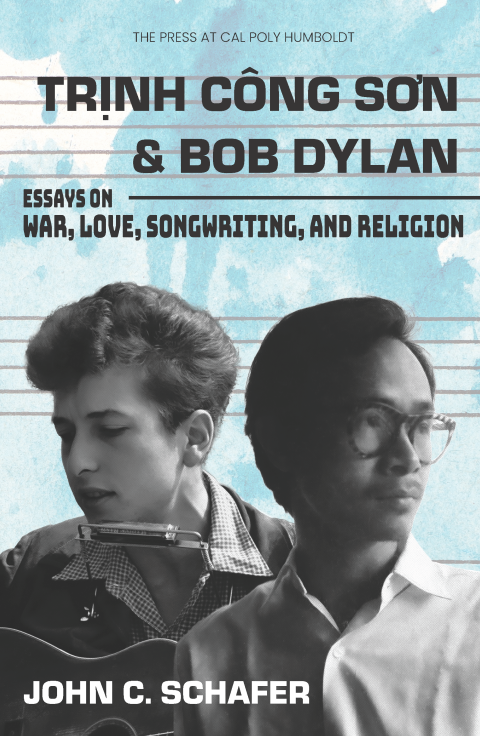Trinh Cong Son, songwriter opposed the Vietnam war
HANOI - Vietnam's most beloved singer-songwriter, Trinh Cong Son, who opposed the Vietnam War and sought postwar reconciliation, has died after a long battle with diabetes, an official said Monday. He was 62. Son, who was admitted to Cho Ray hospital last week, slipped into a coma Saturday and died Sunday, said Ca Le Thuan, secretary general of the Musician Assn. in Ho Chi Minh City.
"His death is a great loss for Vietnamese music," Thuan said. Dubbed the Bob Dylan of Vietnam by American folk singer Joan Baez for his antiwar songs during the height of the Vietnam War, his music is still widely performed in Vietnam and in overseas Vietnamese communities. Son, who was persecuted by the South Vietnamese government in the late 1960s and early '70s, wrote more than 600 songs. His pacifist songs about the futility of war were banned at the time, but bootleg copies made their way throughout South Vietnam and overseas.
One of his most famous songs, "Ngu Di Con"' (Lullaby), about the pain of a mother mourning her soldier son, became a hit in Japan in 1972. When the war ended, most of Son's family fled overseas, but he decided to stay. He was equally unpopular with the new Communist government for his songs about reconciliation, and spent several years in forced labor camps planting rice along the Laotian border. But by the late 1980s, his popularity returned, and his songs are still performed by some of Vietnam's biggest pop artists, including singer Hong Nhung. Born into an affluent family in Vietnam's highlands in 1939, Son spent many years in the ancient imperial capital of Hue. Trained as a teacher, Son quit his job to begin composing love songs in the late 1950s.
Asked over the years why he decided to stay in Vietnam, Son replied: "Vietnam is the only place where I can live and create music. Abroad I don't hear the music in my head, I don't hear the poems I write down. The warmth of the people in Vietnam is like the water a flower needs to live."
The Los Angeles Times - April 4, 2001.
Các thao tác trên Tài liệu






